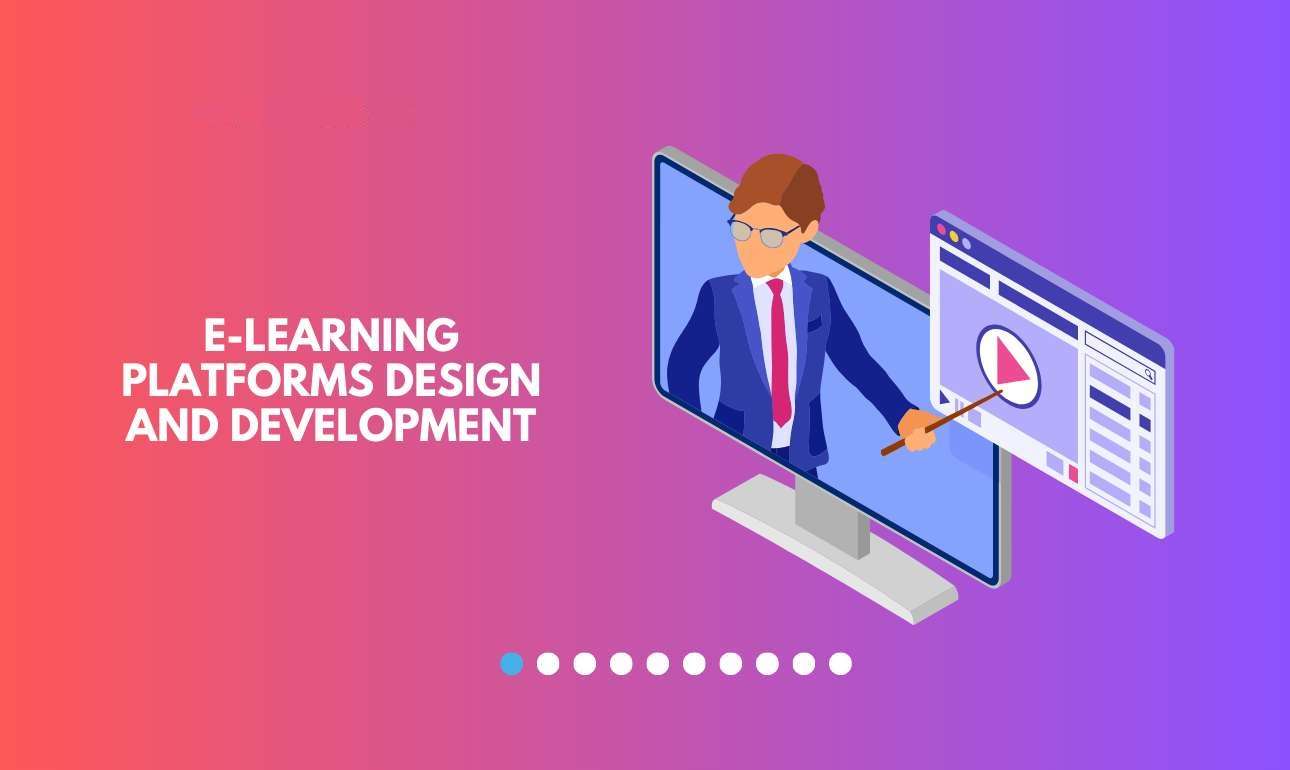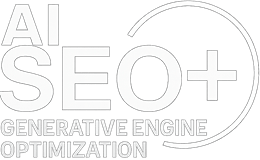Cursor
mode
SEO PLUS GEO
E-Learning Platforms Website Design and Development

Designing a successful e-learning platform involves creating an engaging, accessible, and scalable solution that enhances online education experiences. Our e-learning platform website design and development services focus on optimizing course delivery, simplifying user journeys, and encouraging active participation for students, educators, and institutions.
Comprehensive Course Management
Provide educators with robust tools to manage and deliver courses effectively.
1. Offer easy course creation with support for multimedia content.
2. Enable scheduling of live sessions and batch management.
3. Include modules for quizzes, assignments, and certifications.
4. Allow course duplication for faster content setup.
5. Integrate real-time editing for on-the-go updates.
6. Provide analytics for student engagement and course popularity.
7. Enable course-specific discussion forums and Q&A sections.
8. Support multi-language courses to cater to diverse audiences.
Interactive Content Delivery
Engage learners with dynamic and interactive course content.
1. Use multimedia elements like videos, animations, and infographics.
2. Enable gamification with badges, leaderboards, and achievements.
3. Support adaptive learning paths based on user performance.
4. Provide live polls and quizzes during lessons for engagement.
5. Offer downloadable study materials and resources.
6. Include interactive simulations and scenarios for hands-on learning.
7. Integrate tools for annotation and note-taking during lessons.
8. Ensure compatibility with SCORM and xAPI standards.
Progress Tracking and Reporting
Empower learners and educators with insightful progress data.
1. Provide visual progress bars for course completion.
2. Generate detailed reports on test scores and activity levels.
3. Enable personalized feedback based on performance.
4. Allow tracking of attendance in live sessions.
5. Display weekly or monthly learning summaries.
6. Integrate AI to suggest next steps based on learning gaps.
7. Allow parents or guardians to monitor student progress.
8. Support exporting reports for offline review.
User-Friendly Registration and Enrollment
Simplify the enrollment process to encourage platform usage.
1. Provide quick sign-up options, including social logins.
2. Allow bulk registration for organizations or institutions.
3. Enable pre-registration for upcoming courses.
4. Support flexible payment plans during enrollment.
5. Provide one-click enrollment for free courses.
6. Include waitlist options for full or exclusive courses.
7. Offer personalized course recommendations during sign-up.
8. Ensure the process is mobile-friendly and secure.
Mobile Accessibility
Enable seamless learning experiences on mobile devices.
1. Design a fully responsive interface for smartphones and tablets.
2. Develop a dedicated mobile app for enhanced user experience.
3. Optimize content for smaller screens, including mobile-friendly quizzes.
4. Enable offline access for downloaded courses and resources.
5. Use push notifications for reminders and updates.
6. Include mobile-compatible discussion forums and live chats.
7. Provide quick access to essential features like progress tracking.
8. Ensure low-bandwidth optimization for uninterrupted learning.
Community Engagement Tools
Foster a sense of community to boost interaction and collaboration.
1. Integrate discussion boards and peer-to-peer messaging.
2. Enable group learning activities and projects.
3. Organize live webinars and guest lectures for students.
4. Add gamified leaderboards to promote healthy competition.
5. Provide social sharing options to build brand advocacy.
6. Include polls and surveys for user feedback and ideas.
7. Create mentorship programs connecting learners with experts.
8. Support virtual study groups with collaborative tools.



